Trade assistant job description
Let’s get real. Job information online can often be overly optimistic — conveniently glossing over the raw bits. But when you’re making decisions about your future, you need all the facts.
That’s why we anonymously surveyed trade assistants about their job, with hopes of getting an honest insight into what it’s really like.
While we did our best to ensure respondents were Australians and verified their job titles with proof of employment, we can’t guarantee complete accuracy — or that your experiences in the field will reflect theirs. So, we suggest that you take these insights as a guide only and try to talk to people in the field before making an important decision.
Tasks and responsibilities for a trade assistant
Trade assistants work under the supervision of a senior tradesperson and are assigned tasks throughout the workday to assist in the smooth running of a project.
So, what does a trade assistant do? The responsibilities of a trade assistant can include:
- Assisting tradespeople, contractors and operators with general labouring assistance
- Operating hand and power tools and large machinery, like forklifts
- Ensuring the worksite is clean, tidy and safe
- Cleaning tools and equipment ensuring they’re ready for use
- Following instructions from the supervisor and completing tasks within the specified timeframe
How to become a trade assistant
-
Study
Accredited and nationally recognised VET courses allow you to get familiar with the ins and outs of a job as a trades assistant. For example, gaining a Certificate I in Construction (CPC10120) or a Certificate II in Construction (CPC20120) are great ways to get the base level skills and make you an attractive prospect to employers.
-
Get a White Card
A White Card is needed by anyone wishing to work on an Australian construction site. To get one, you must complete a government course through an RTO (registered training organisation).
Pathway options
An entry-level trade assistant job can lead to other opportunities in your industry. It could also expose you to opportunities for further study or experience to obtain a more supervisory role.
Where a trade assistant career path can lead you? Here are some different job types:
Junior
-
Trade assistant
Most common qualification:
Cert II in Construction (CPC20120) -
Pipelayer
Most common qualification:
Certificate III in Civil Construction (Pipe Laying) (RII30920) -
Road construction worker
Most common qualification:
Certificate III in Civil Construction (Road Construction and Maintenance) (RII30920) -
Traffic controller
Most common qualification:
Certificate III in Civil Construction (Traffic Management) (RII30920)
Mid
-
Builder
Most common qualification:
Certificate IV in Building and Construction (CPC40120) -
Electrician
Most common qualification:
Certificate III in Electrotechnology Electrician (UEE30820) -
Construction estimator
Most common qualification:
Certificate IV in Building and Construction (Building) (CPC40120) -
Building inspector
Most common qualification:
Diploma of Building and Construction (Building) (CPC50220) -
Construction site foreman
Most common qualification:
Certificate IV in Building and Construction (Building) (CPC40120) -
Contract administrator
Most common qualification:
Certificate IV in Building Project Support (Contract Administrator) (CPC40320)
Senior
-
Construction project manager
Most common qualification:
Diploma of Building and Construction (Management) (CPC50320) -
Construction manager
Most common qualification:
Diploma of Building and Construction (Management) (CPC50320) -
Quantity surveyor
Most common qualification:
Bachelor of Construction Management
Explore related qualifications
Studying a qualification through an RTO (registered training organisation) is an excellent way to gain some base skills and knowledge on trade support work and enhance your chances of getting a job when the time comes to apply.
White Card
A White Card is needed by anyone in Australia wishing to work on a construction site. If your trade assistant role requires you to work on a construction site or you want to be prepared for one that does, you will need to take a short course to gain the CPCCWHS1001 – Prepare to work safely in the construction industry qualification.
Sometimes employers will organise this training for you, but other times you will need to acquire this on your own before gaining a job.
Certificate I in Construction (CPC10120)
This accredited VET course provides learners with an introduction to the construction industry, job roles within it and work expectations. The qualification covers workplace health and safety, industrial organisation structures, communication, planning, and tools and materials.
The skills achieved in this certification will assist in undertaking a Certificate II pre-vocational program or facilitate entry into an Australian Apprenticeship.
The CPCCWHS1001 – Prepare to work safely in the construction industry White Card qualification is one of the units covered in this course.
The average duration for this course is nine months.
5 providers offer this course



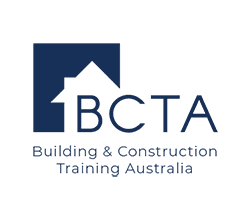
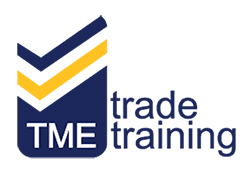
Certificate II in Construction (CPC20120)
This certification provides training for skills in a range of support tasks applicable to most construction worksites.
The elective options available are often structured to allow a choice of units aligned at the Certificate III level. Once completed, it could provide partial credit in a construction industry apprenticeship.
Electric units may also include a CPCCWHS1001 – Prepare to work safely in the construction industry White Card qualification. Check with your course provider for more information on this.
The average duration for this course is one year.
5 providers offer this course





Apprenticeships
For formal and full qualifications in a trade, you might be interested in taking on a traineeship or Australian Apprenticeship.
Each of the following recognised VET courses is available as Australian Apprenticeships:
- Cert IV in Plumbing and Services (CPC40920)
- Cert IV in Carpentry
- Cert IV in electrotechnology
Related subjects
Trade-based industries are always in need of new workers. Roles that involve hands-on work, problem-solving and keen attention to detail are available in many forms.
Related articles
For an in-depth look into roles within the construction or trade industries, you can access a massive catalogue of articles, resources and tips on entering the workforce.

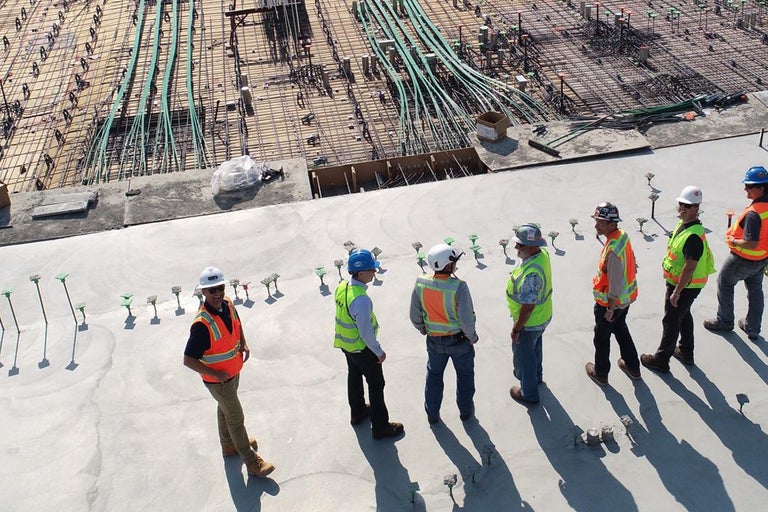

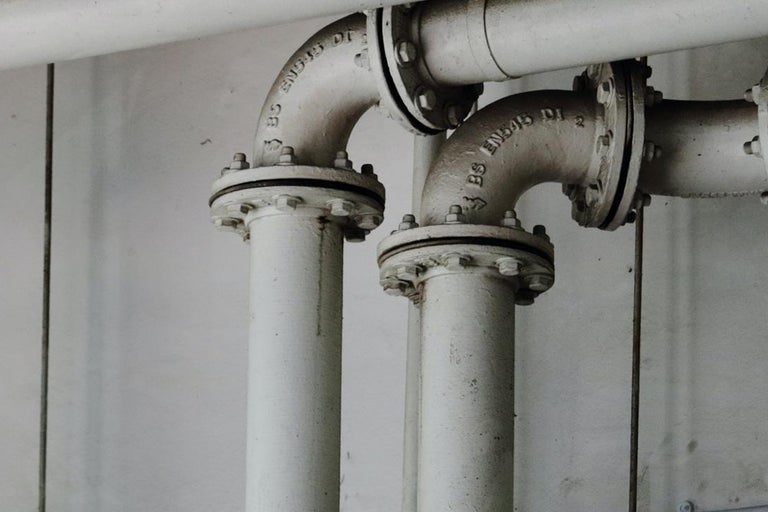
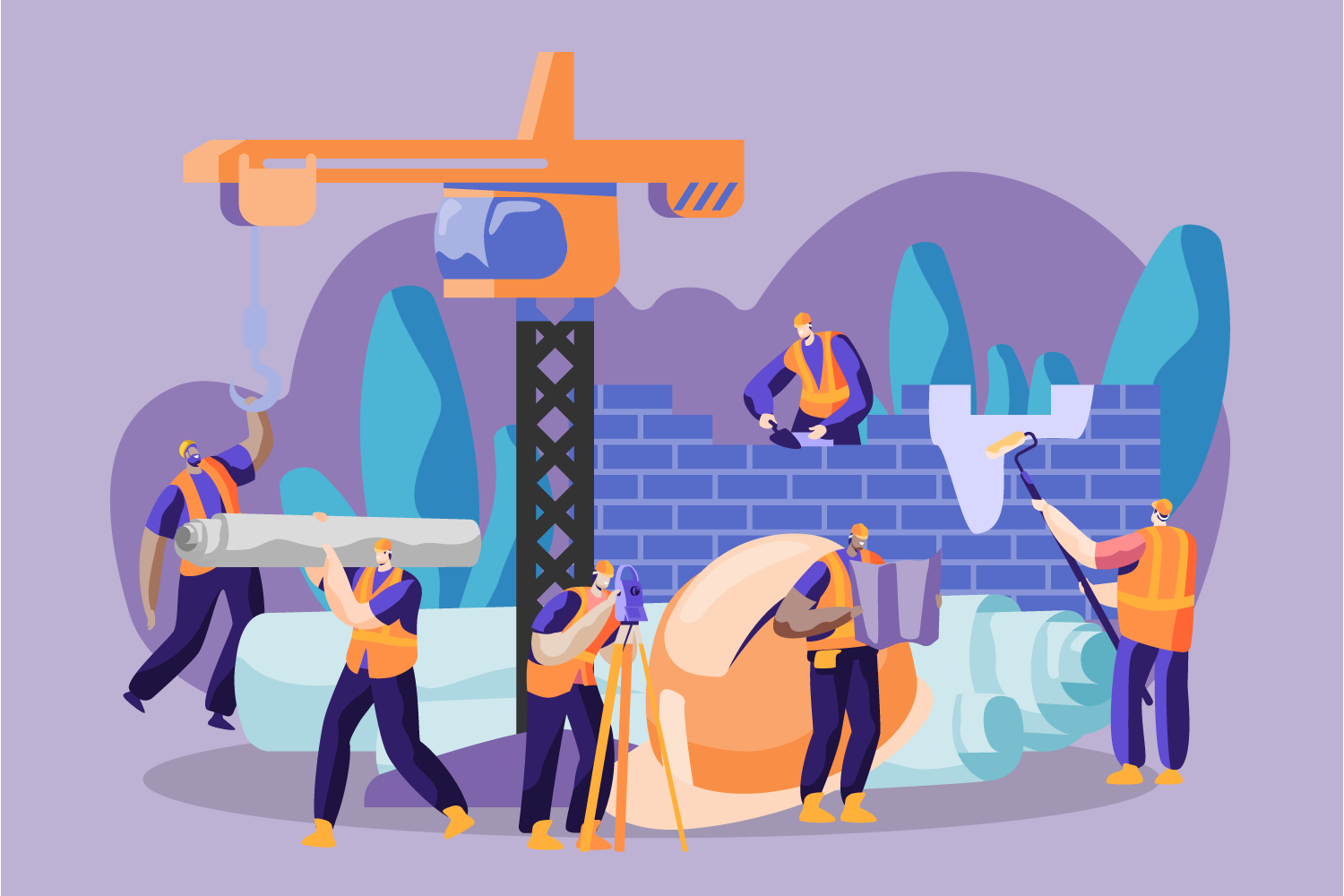

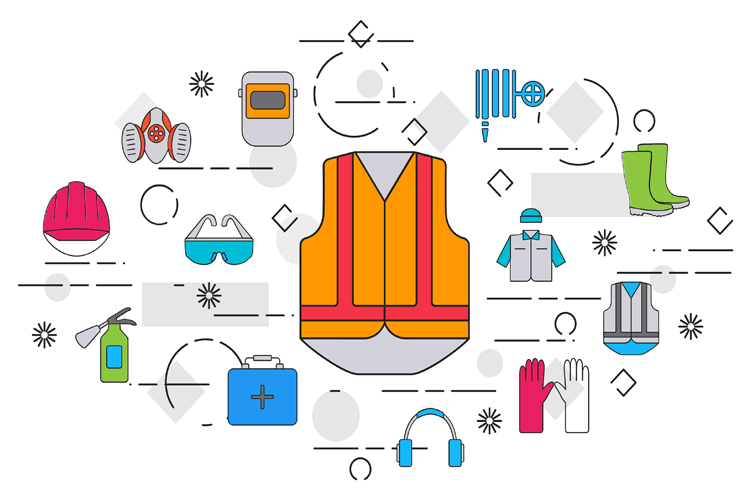



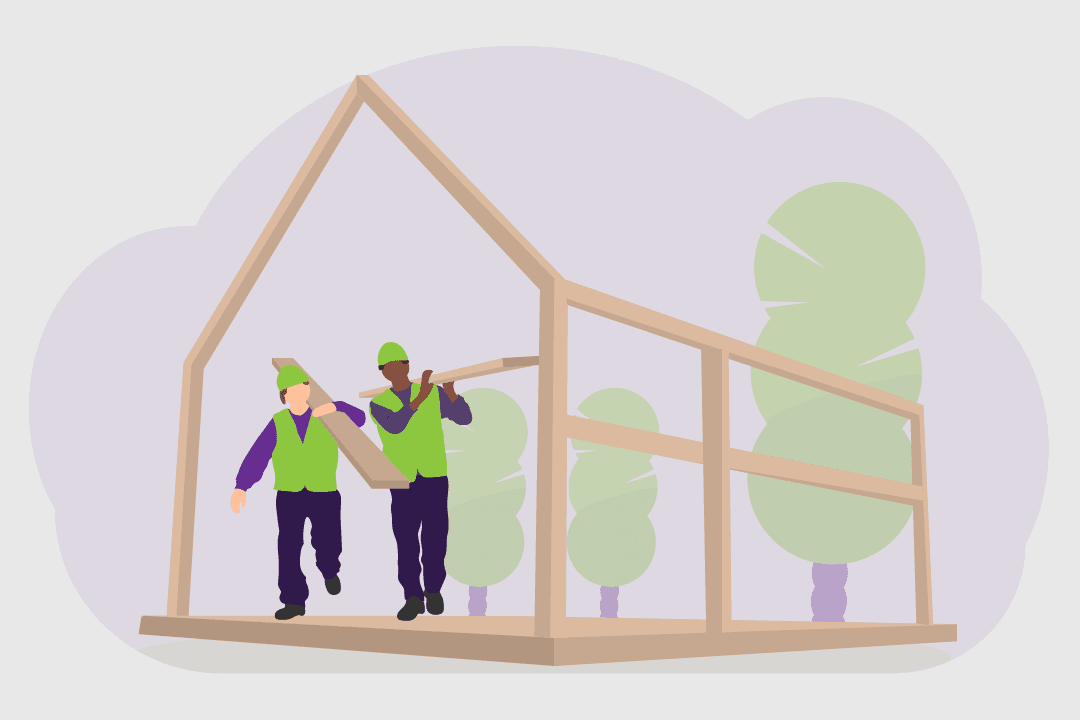









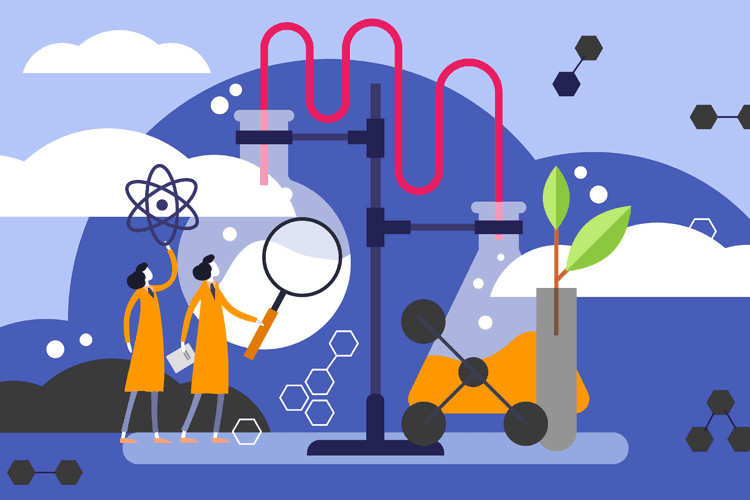

![Infographic: Highest Paying Engineering Jobs In Australia [Updated]](https://www.training.com.au/wp-content/uploads/Highest-paying-engineering-jobs-feature.png)

